Game description:
Vigil is a psychological survival game that places the player in an underground facility where routine tasks hide unexpected danger. At first, the job seems simple—moving crates and disposing of items—but the environment is never as ordinary as it appears. An unseen presence shifts the balance between safety and threat, forcing the player to manage both attention and fear.
Gameplay Structure
The main loop of Vigil alternates between exploration and task completion. Players navigate dim corridors, pick up objects, and deliver them to designated points. What begins as a straightforward sequence gradually turns into a test of awareness, as the facility is patrolled by an entity that moves when unobserved. The balance of work and survival pushes the player to remain careful at every step, even during mundane actions.
Core Features
The defining systems of Vigil highlight its unique tension:
· tasks that seem ordinary but become dangerous under pressure
· an enemy that advances only when not observed
· reliance on sight and attention to maintain safety
· minimal interface to keep focus on the environment
· multiple outcomes depending on survival choices
This list shows how mechanics center on observation and restraint rather than fast action.
Visual And Audio Design
The visual approach in Vigil relies on dark hallways, sparse lighting, and repeating layouts that create uncertainty. Small shifts in scenery—moved crates, flickering lights, or shadows—signal when danger is near. Audio design is equally important, using silence, mechanical echoes, and sudden noise as cues. Players must interpret these signals quickly, since missing them can lead to failure. The combination of minimal imagery and precise sound builds constant unease.
Replay And Player Experience
Replay value in Vigil comes from the unpredictable nature of its design. Each playthrough may present different anomalies or subtle environmental changes that challenge memory and perception. The tension of knowing that the entity reacts to lapses in attention ensures no two runs feel the same. Success depends on staying calm, balancing tasks with vigilance, and learning from earlier mistakes. This layered structure makes Vigil an experience where repetition deepens understanding rather than diminishing it.








































































































































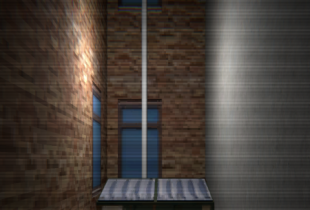
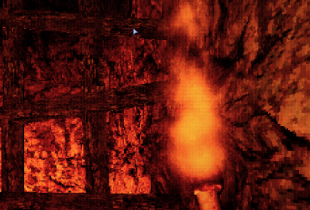


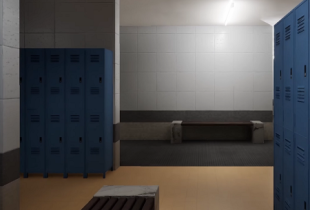





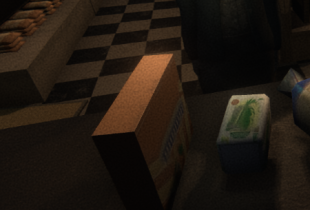



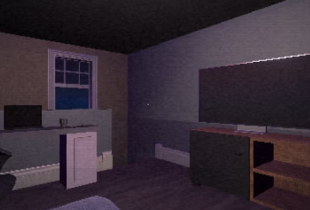
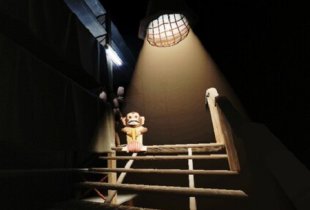
Comments